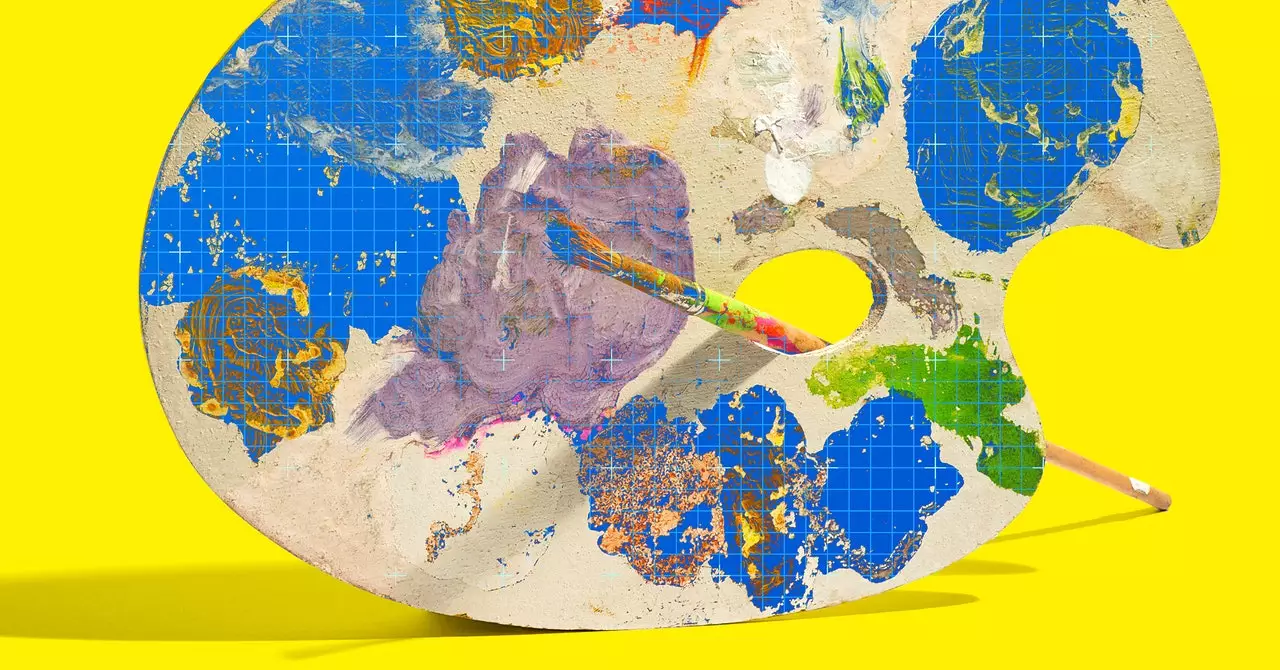A few months ago, I found myself in a situation where I was asked to participate in a fireside chat at an Authors’ Guild event at the last minute. During the session, the CEO of the guild and I delved into the profound implications of a future where AI robots have the ability to create literary works. As a writer myself, I couldn’t help but find this scenario terrifying. The thought of a flooded marketplace filled with books authored by AI neural nets is deeply unsettling. However, amidst the anxiety, I had a revelation that offered some solace, though it may not have been an original thought. This revelation reframed the situation by transcending concerns about copyright and royalties.
Imagine reading a novel that you absolutely loved, something that deeply inspired you. Now, imagine finding out afterwards that the author was not a human being but an artificial intelligence system, a robot. How many of you would feel cheated in that moment? Almost everyone tends to raise their hand at this thought experiment. The reason behind this feeling of being cheated is that when we read, when we consume any form of art, we are not merely seeking great content. We are searching for a human connection. This applies even when the author has long passed away. Experiencing the works of literary figures like Chaucer allows us to peer into the mind of someone who lived centuries ago, someone we would have loved to have a conversation with over a drink. The reading experience enables us to get to know these authors on a deeper level, even if we struggle with the language or cultural context.
The realization regarding the significance of human authorship has become my guiding principle as I grapple with the complex AI issues that continuously emerge. Recently, I had the opportunity to attend a press briefing by Google product managers, who were introducing new AI features of their language model-powered chatbot Gemini (formerly known as Bard). This event made me reflect on the meaning of human connection once again. Google claimed that the enhanced Gemini would “supercharge productivity and creativity.”
No one can deny that algorithms excel in boosting productivity. In this regard, AI is a slam dunk success. The examples provided by Google were compelling. For instance, Gemini could effortlessly organize snacks for a children’s soccer team by identifying who brings what to each game, sending personalized emails, and even mapping out destinations. Such capabilities can save valuable time in situations that often feel tedious and thankless. Undoubtedly, a productivity win!
However, when it comes to creativity, we need to delve deeper. One of Google’s examples involved Gemini crafting a “cute caption” for a picture of a family dog. The provided caption read, “Baxter is the hilltop king! 👑 Look who’s on top of the world!” Undeniably, it’s a fun caption. Yet, it prompts us to consider the purpose of sharing on social media, which is fundamentally about human connections. Posting a caption that has been generated by an AI system creates a sense of detachment from our friends and followers who read and engage with our posts. It diminishes the authenticity of the connection we seek.
The advent of AI technology brings both awe-inspiring advancements and thought-provoking challenges. While AI may excel in many areas, we need to recognize the intrinsic value of human connection. As readers and consumers of art, we yearn for a deeper understanding and interaction with the human experience. AI can complement and enhance our lives, but it cannot fully replace the profound connection we crave. As we navigate the age of AI, let us remember the power of human expression and the distinctive emotions it evokes, for it is through this connection that we find true meaning in the world of creativity and art.


Leave a Reply